Sinan Ogan, an academic with Azerbaijani Turkish roots, will run as ATA Alliance’s presidential candidate in the upcoming May election after collecting more than 100,000 signatures, a legal requirement to run for the country’s top post.
Ogan’s endorsers are the ATA alliance, a block of four parties – Zafer Party, Adalet Party, Ulkem Party, and Türkiye İttifakı Party – known for their nationalist stances.
The ATA alliance is a low-profile alliance compared to the other two leading political blocks, AK Party leader Recep Tayyip Erdogan-led People’s Alliance and the main opposition Republican People’s Party leader Kemal Kilicdaroglu’s Nation Alliance. All these alliances are competing against each other on May 14 to claim victory in both parliamentary and presidential elections.
The 56-year-old Ogan’s career began in the Nationalist Movement Party (MHP). In 2011, he became a deputy from his hometown Igdir, an eastern Anatolian province with a sizable Azerbaijani population.
Initially, he was on good terms with Devlet Bahceli, the MHP leader. But after Bahceli adopted a new policy of backing Erdogan’s policies following the November 2015 elections, Ogan joined other nationalist figures to oppose his leadership.
Fractious politics
Bahceli and Erdogan were not in a political alliance before 2015 when Türkiye saw a second general election after the first threw up a fractured mandate with no clear winner.
But after the AK Party won the November elections following the collapse of Türkiye’s Resolution Process, which Bahceli fiercely opposed, a growing alliance developed between Bahceli’s MHP, which has been at the centre of Turkish nationalism for more than five decades, and Erdogan, an influential conservative leader.
However, some nationalist politicians like Sinan Ogan, Meral Aksener, Umit Ozdag, and Koray Aydin – all MHP members before floating their own political platforms – opposed Bahceli’s alliance with Erdogan. Eventually, these politicians emerged as an opposing bloc to Bahceli’s long-time leadership.
In June 2016, Bahceli’s opponents, including Ogan, called for a contentious party congress to alter the MHP’s charter despite the party management’s objections, aiming to oust Bahceli from the leadership post. But due to internal disagreements, the controversial June congress ended up in court.
The party congress planned for July never took place, the court threw out the decision to change the MHP charter, and Bahceli remained in his position. Months later, Aksener and her supporters parted ways with the MHP and founded the IYI Party in 2017.
But Ogan stayed put in the MHP despite being twice expelled for alleged anti-party activities. Once, his expulsion was revoked by a court. “…He did not switch to any other party, nor did he establish a new party,” Ogan’s website says. “He declared that he would remain loyal to his party and its struggle.”
But in the critical 2017 referendum vote on changing Türkiye’s parliamentary system to a presidential model, Ogan went against the MHP decision to back a NO vote like Aksener and other Bahceli opponents.
Since 2017, Ogan has not been affiliated with any party and in the upcoming election, he will run as an independent even though the Ozdag-led ATA Alliance nominated him as their presidential candidate.
During a press briefing, Turkish journalists asked Ogan which candidate he would support if the presidential election goes to the run-off between Erdogan and Kilicdaroglu in case no candidate received more than 50 percent vote in the first round.
“We will look at their national stances and competence. We will look at the situation of affiliation with terrorism and seeking help from terrorism. We will decide with common sense. Common sense shows us that we may not be able to promise heaven, but it’s time to close the gates of hell,” Ogan said.
Ogan’s background
The nationalist politician graduated from Marmara University with a Business Administration degree in 1989. He completed his master’s degree in Financial Law/Banking from the same university in 1992. Later, in 2009, he completed his doctorate at the Moscow State Institute of International Relations (MGIMO) in Russia.
Between 1992 and 2000, he worked as a lecturer at Azerbaijan’s Turkic World Studies Foundation, according to his website. In the same period, he also led the Azerbaijan office of the Turkish Cooperation and Coordination Agency (TIKA), a state institution.
In the 2000s, he worked for the Eurasian Strategic Research Center (ASAM), leading the think-tank’s Russia-Ukraine section. In 2004, he founded his research centre, TURKSAM (Türkiye Strategic Analyses Centre), which continues to function.
After becoming an MHP deputy in 2011, he was a member of the Türkiye-Albania and Türkiye-Nigeria Parliamentary Friendship Groups. During his term, Ogan also functioned as the Secretary General of the Türkiye-Azerbaijan Parliamentary Friendship Group.

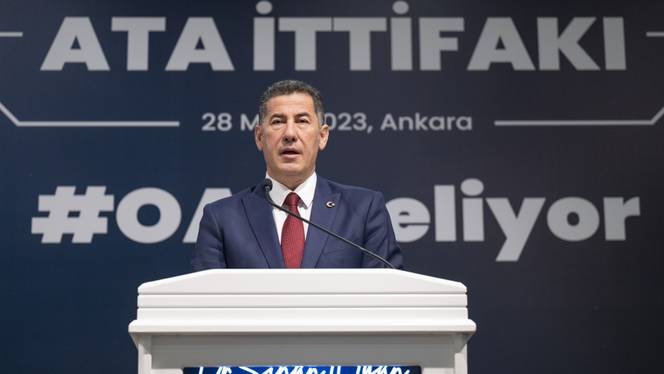

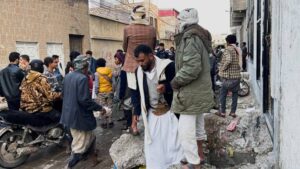
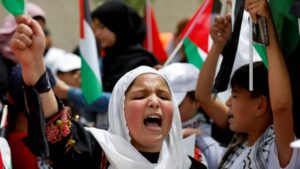



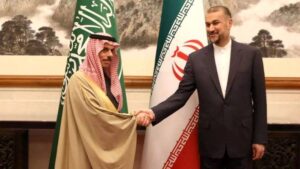
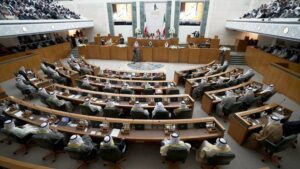

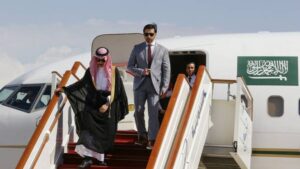
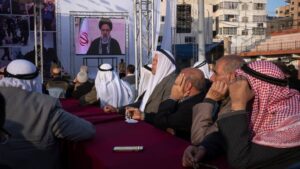
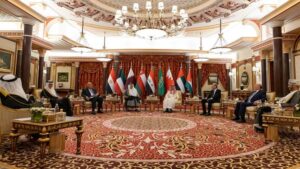
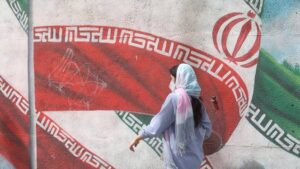

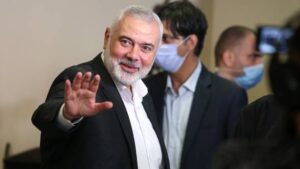
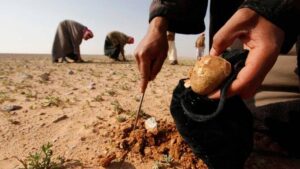



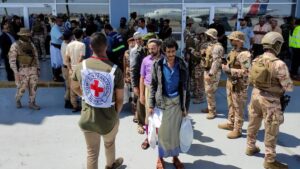


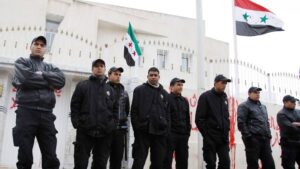
![Deputy Minister of Saudi Foreign Ministry, Waleed El Khereiji [R], meets with Syrian Minister of Foreign Affairs Faisal Mekdad in Jeddah, Saudi Arabia, on April 12, 2023.](https://www.infonewsall.com/storage/0m_153832_sau20230412saudiarabiasyria_1681335069352-300x169.jpg)

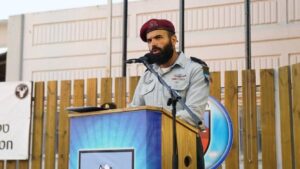
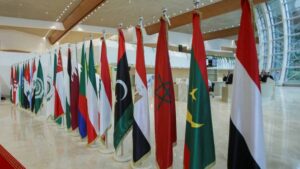
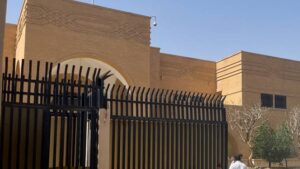
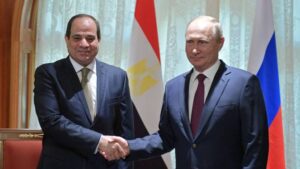

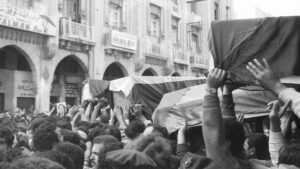


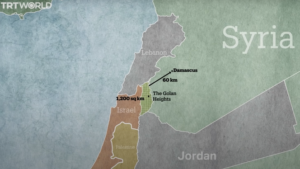
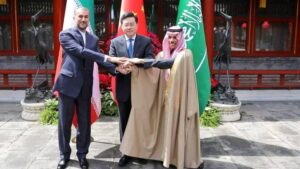
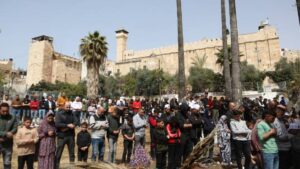
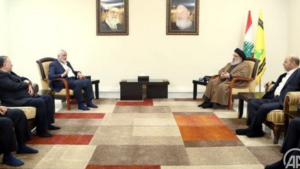
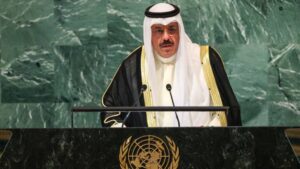
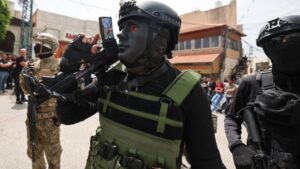
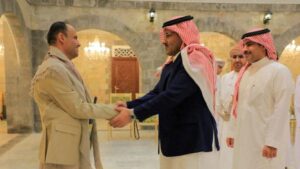

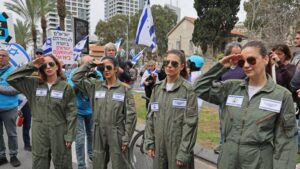
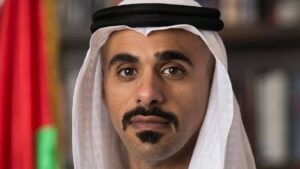


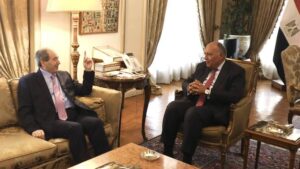


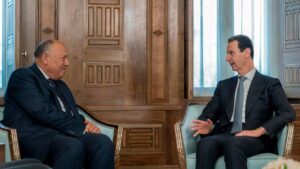
Be First to Comment